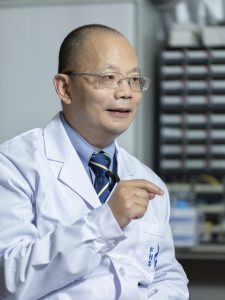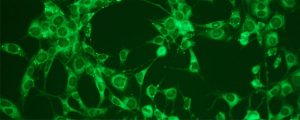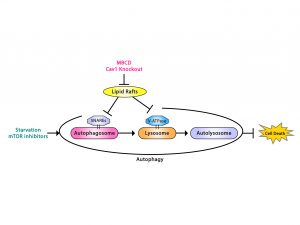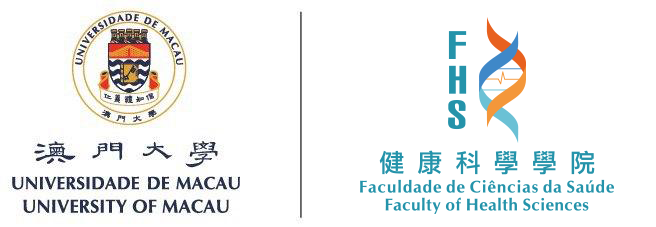Caveolin-1 (CAV1) is an important tumour suppressor in breast cancer. Its deficiency and mutation can affect the autophagy and lysosome, thus making breast cancer cells more susceptible to autophagy/lysosome inhibitors. Faculty of Health Sciences Professor Hanming SHEN suggests that CAV1’s deficiency and mutation can be used as a biomarker in the selection of breast cancer patients for using autophagy/lysosome inhibitors in cancer therapy.
Autophagy is an essential mechanism that keeps our cells in proper balance. It does so by transporting dysfunctional components to the lysosome for digestion. Researchers have learned that autophagy plays an important role in physiological processes and has close links to illnesses such as cancer and neurodegenerative diseases. In the early years of autophagy research, some researchers suggested that autophagy could lead to autophagic cell death, but Prof. Shen has proved that autophagy can, in principle, resist starvation and other stress conditions and promote cell survival.
When it comes to cancer, autophagy is widely believed to be a double‑edged sword. According to Prof Shen, efficient autophagy can help prevent cancer, but it can also promote the survival of already‑existing cancer cells and the development of tumours. ‘By recycling nutrients such as amino acids in cells, autophagy can help cancer cells function properly and survive under various stress conditions,’ Prof. Shen says.
Source: UMagazine Issue 22

Before joining UM, Prof. Hanming SHEN studied autophagy, oxidative damage, and cell signalling for over two decades in the Yong Loo Lin School of Medicine at the National University of Singapore. He has published more than 200 research papers in SCI‑indexed journals, such as Autophagy, Cell Res, Cancer Res, Mol Celland Nature Protocol, with a citation frequency of over 25,000. At UM, he continues to study autophagy and lysosome in cancer cell biology, mitophagy, as well as metabolism and cancer targeted therapy.

Cancer cells undergoing autophagy induced by starvation

Cancer cells undergoing mitophagy

Prof. Hanming SHEN suggests that CAV1’s deficiency and mutation can be used as a biomarker in the selection of breast cancer patients for using autophagy/lysosome inhibitors in cancer therapy.

